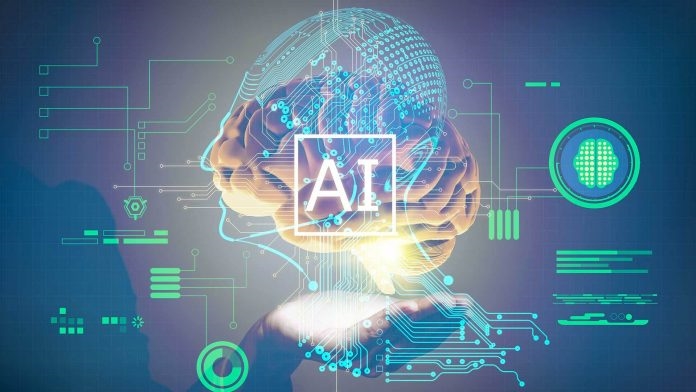 |
| Illustrative photo. Source: VNA |
Accordingly, scientific and technological agencies, organizations, businesses, and individuals engaged in research, design, development, and provision of AI systems are encouraged to apply the contents of the guidance document.
The nine principles for responsible AI research and development include: Collaboration, innovation; transparency; control; safety; security; privacy; respect for human rights and dignity; user support; accountability.
Each principle has its own implementation guidelines. For example, for transparency, developers need to pay attention to the control of the input/output of the AI system and the ability to explain the relevant analysis. Accordingly, AI systems that comply with this principle are often systems that can affect the life, body, privacy or property of users or related third parties.
Developers then need to pay attention to the ability to clearly identify the inputs and outputs of AI systems as well as the related explainability based on the characteristics of the applied technology and how they are used to ensure trust from society, including users.
Or as for the principle of respect for human rights and dignity, when developing AI systems that involve humans, developers must pay special attention to respecting the human rights and dignity of the individuals involved.
To the extent possible, depending on the characteristics of the applied technology, developers should take measures to ensure that they do not cause discrimination or unfairness due to bias (prejudice) in the data when training AI systems.
Developers need to take precautions to ensure that AI systems do not violate human values and social ethics according to Vietnam's fundamental principles (for example, values including patriotism, solidarity, self-reliance, loyalty, honesty, responsibility, discipline, creativity, etc.).
It is known that the assessment results and announcement in the "Government AI Readiness Index" report conducted by Oxford Insight, in 2023, Vietnam rose to 5th place in ASEAN, surpassing the Philippines (after Singapore, Malaysia, Thailand, Indonesia). In 2023, Vietnam had an average score of 54.48 points (in 2022 it was 53.96 and in 2021 it was 51.82 points), exceeding the world average, ranking 59th out of more than 193 countries and territories (in 2022 it was 55th out of 181 countries and territories).
According to the Ministry of Science and Technology , in the current context, it is necessary to research and take measures to minimize risks in the process of developing and using AI and to balance related economic, ethical and legal factors. Therefore, specialized agencies need to research and develop standards and guidelines for guidance, even if they are soft and non-binding regulations.
In addition, sharing and exchanging information on processes and good practices among stakeholders (such as developers, service providers, users) will also promote consensus to increase benefits from AI systems and control risks.
The Ministry of Science and Technology has proactively studied the experiences of other countries and recommendations from organizations such as UNESCO, UN, ASEAN, G7, G20, etc. to develop recommendations, tools, and regulations on ethics in AI, and develop responsible AI products (from research, design, development, and deployment of AI products) in accordance with current practices and regulations in Vietnam.
Deputy Minister of Science and Technology Bui The Duy also said that the development of guidelines for responsible AI research and development in Vietnam needs to closely follow the goals of a human-centered society, where people enjoy the benefits of life as well as AI systems. At the same time, it must ensure a reasonable balance between the benefits and risks of AI systems, specifically: Promoting the benefits of AI through research, development and innovation activities; and minimizing the risk of infringement of the rights or legitimate interests of organizations and individuals from AI systems.
Ensure that research and development activities for AI systems are based on specific technologies or techniques while still ensuring technological neutrality and that developers are not affected by the rapid development of AI-related technologies in the future.
The Ministry of Science and Technology also said that the principles and guidelines will continue to be researched and updated to suit the practical situation./.
Source: https://dangcongsan.vn/khoa-hoc/9-nguyen-tac-nghien-cuu-phat-trien-he-thong-ai-co-trach-nhiem-667349.html



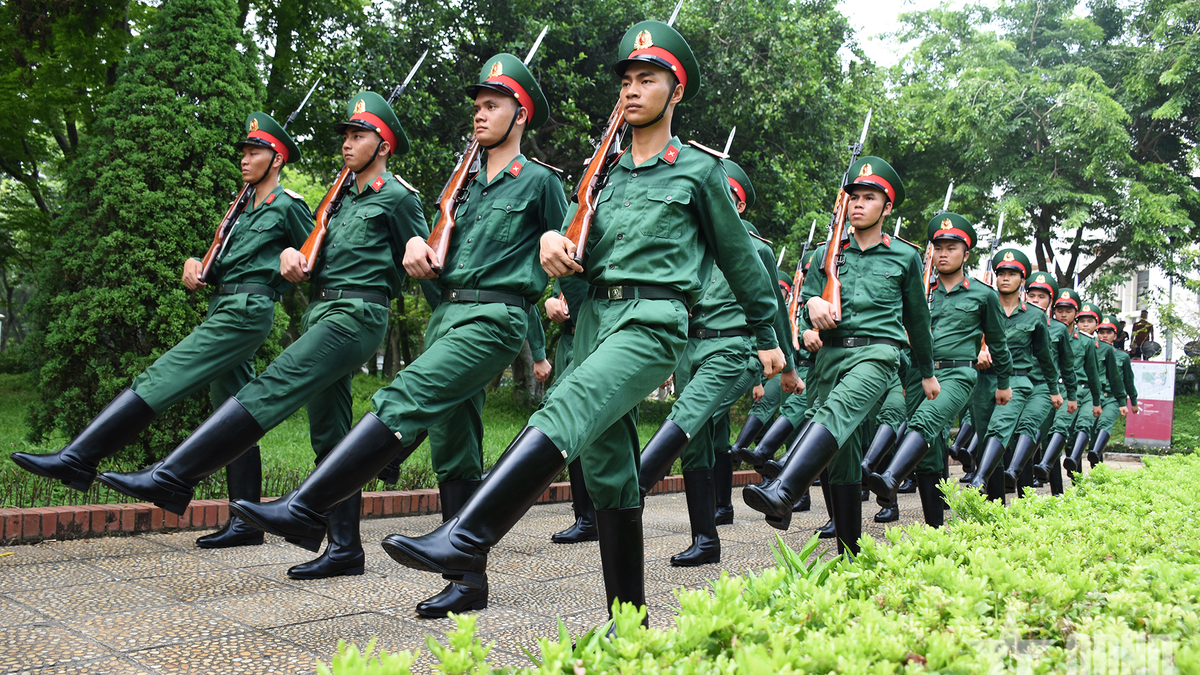


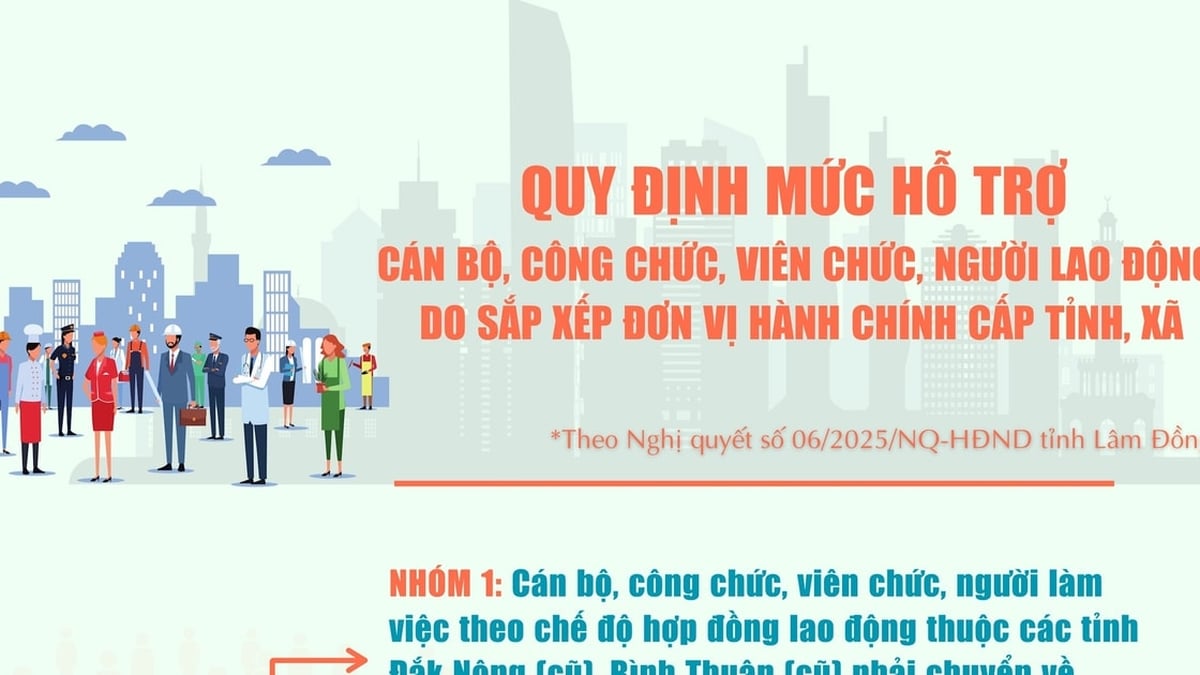

























































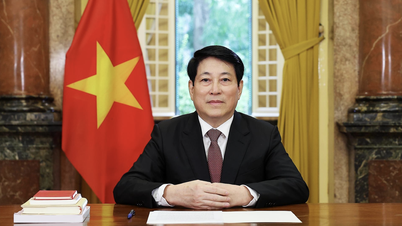



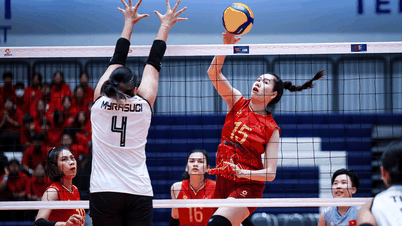
































Comment (0)